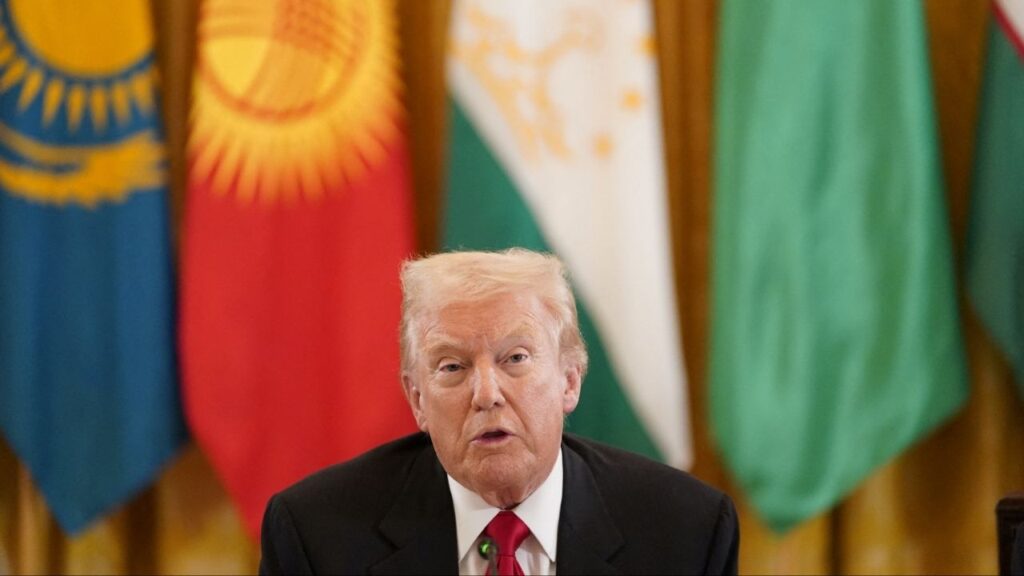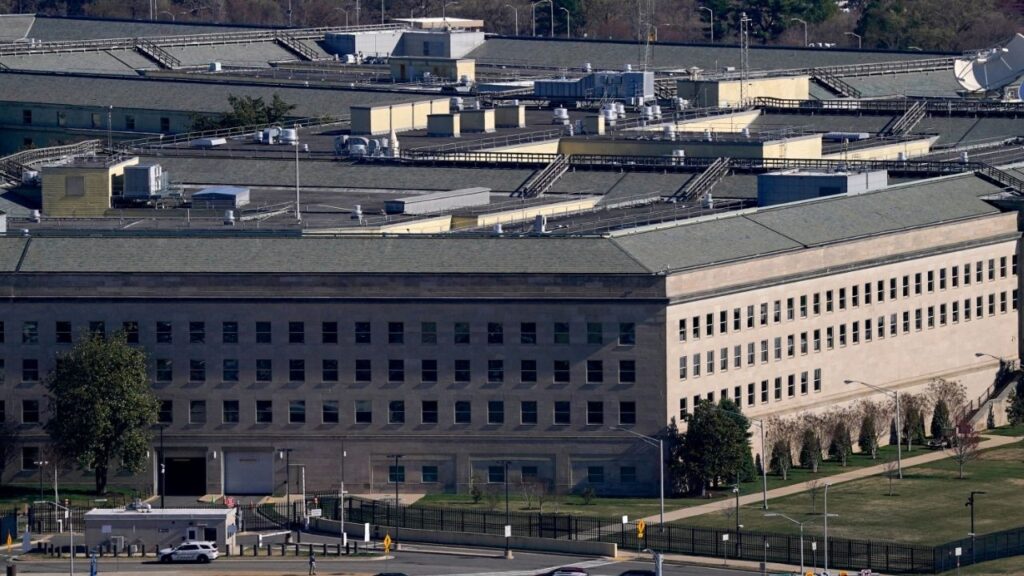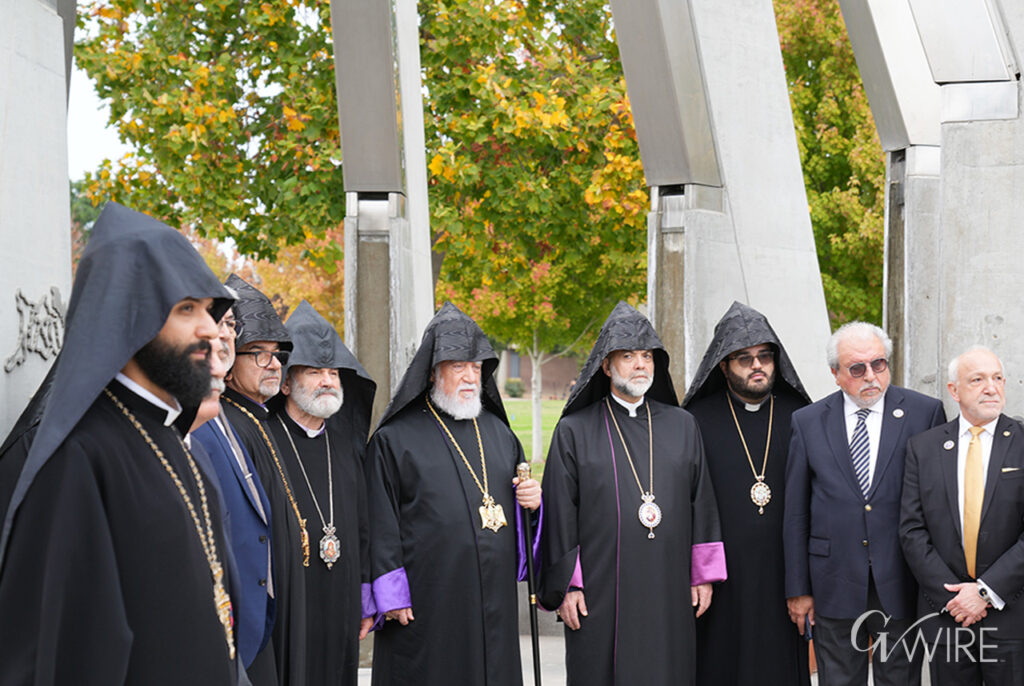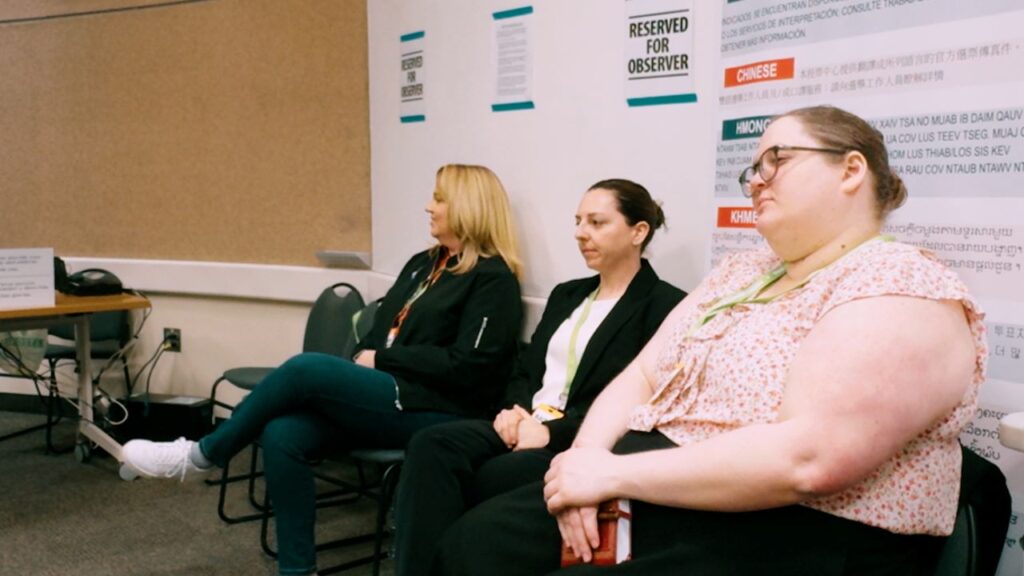Share
RABAT, Morocco — Arab nations that have normalized or are considering improving relations with Israel are coming under growing public pressure to cut those ties because of Israel’s war with Hamas.
Public Protests in Arab Nations
Tens of thousands of people have taken to the streets of Rabat and other Moroccan cities in support of the Palestinians. In Bahrain — a country that almost never allows protest — police stood by as hundreds of people marched last month, waving flags and gathering in front of the Israeli Embassy in Manama.
The demonstrations, which mirror protests across the Middle East, present an uncomfortable dilemma for governments that have enjoyed the benefits of closer military and economic ties with Israel in recent years.
Normalization with Israel
In Egypt, which has had ties with Israel for decades, protesters rallied in cities and at universities, at times chanting “Death to Israel.” A parliamentary committee in Tunisia last week advanced a draft law that would criminalize normalization with Israel.
In Morocco and Bahrain, the public anger has an additional dimension; activists are demanding the reversal of agreements that formalize ties with Israel, underscoring discord between the governments and public opinion.
The U.S.-Brokered Abraham Accords
The U.S.-brokered Abraham Accords, aimed at winning broader recognition of Israel in the Arab world, paved the way for trade deals and military cooperation with Bahrain, Morocco, Sudan and the United Arab Emirates starting in 2020. Their autocratic rulers — as well as American and Israeli officials — continue to frame the deals as a step toward a “ new Middle East ” in which closer ties could foster peace and prosperity.
The accords marked a major diplomatic victory for Morocco because they led the U.S. — and eventually Israel — to recognize its autonomy over the disputed Western Sahara. Morocco’s Foreign Ministry did not respond to questions about the agreement or protests.
The accords also led Washington to remove Sudan from its list of state sponsors of terrorism, presenting a lifeline for the ruling military junta fighting a pro-democracy movement and spiraling inflation.
Large protests against the Israel-Hamas war have not erupted in Sudan or the United Arab Emirates.
Normalization Slowdown
A highly sought-after agreement between Israel and Saudi Arabia has become less likely due to the war and regionwide protests, Steven Cook, a senior fellow for Middle East and Africa Studies at the Council on Foreign Relations, told The Associated Press in October.
“I think this dynamic of normalization will likely slow down or come to a halt, at least for a period of time,” Cook said.
Opposition to Normalization
Opponents of normalization say the protests make clear the governmental wins that resulted from the accords did little to move public opinion.
“Hamas isn’t terrorists. It’s resistance to colonization. Imagine someone enters your house. How would you behave? Smile or make them leave by force?” said Abouchitae Moussaif, the national secretary of Morocco’s Al Adl Wal Ihsane, a banned but tolerated Islamist association that has long supported the Palestinian cause.
The group, which rejects King Mohammed VI’s dual authority as head of state and religion, organizes throughout Morocco, where undermining the monarchy is illegal.
Morocco has not always been so lenient with opponents of normalization. Before the war, authorities broke up protests and sit-ins outside Parliament and a judge in Casablanca sentenced a man to five years in prison for undermining the monarchy because he criticized normalization.
Now, law enforcement personnel mostly stand aside as the large daily protests take place.
“Normalization is a project of the state, not the people,” Moussaif said. “The protests touched on a project of the government, more specifically a project of the King.”
Protests as a Safety Valve
Zakaria Aboudahab, a professor of International Relations at Universite Mohammed V in Rabat, said the protests likely won’t lead to Morocco overturning normalization but that allowing them works as a “safety valve” to temper public outrage.
“The Moroccan state knows very well that when popular anger reaches such proportions and people express injustice and so on, it has to listen to the people,” he said.
Protests in Bahrain
Bahrain had banned protests since the 2011 uprisings, when thousands poured into the streets emboldened by pro-democracy protests in Egypt, Syria, Tunisia and Yemen. But in recent weeks, demonstrations have been allowed again.
“Now people are taking some risks to be in the street and participate,” said Jawad Fairooz, a former member of Bahrain’s Parliament who lives in exile in London. “Governments want to give some relief to people’s anger by allowing them to get together.”
Arab Leaders’ Response to the War
As the war intensified, Arab leaders moved from condemning violence and calling for peace to more pointed criticism of Israel’s attacks in Gaza.
The United Arab Emirates Foreign Ministry initially called Hamas’ Oct. 7 raid in southern Israel a “serious and grave escalation,” and its finance minister told reporters the country does not mix trade with politics. After Israel struck Gaza’s Jabaliya refugee camp on Tuesday, the UAE warned that “indiscriminate attacks will result in irreparable ramifications in the region.”
Morocco’s Foreign Ministry initially said it “condemns attacks against civilians wherever they may be.” But it later blamed Israel for the escalation of violence — including an explosion at a hospital in Gaza City — and highlighted its humanitarian aid efforts in Gaza.
“Israeli acts of escalation are in contradiction with international humanitarian law and common human values, Morocco’s Foreign Ministry said in a Thursday statement that did not mention normalization. It accused Israel of targeting civilians, noted an airstrike on the Jabaliya refugee camp, and condemned the international community — particularly “influential countries” and the United Nations Security Council — for not bringing an end to the war.
RELATED TOPICS:
Categories

Kazakhstan to Join Abraham Accords, Trump Says

Who Will Replace Pelosi in Congress?


















